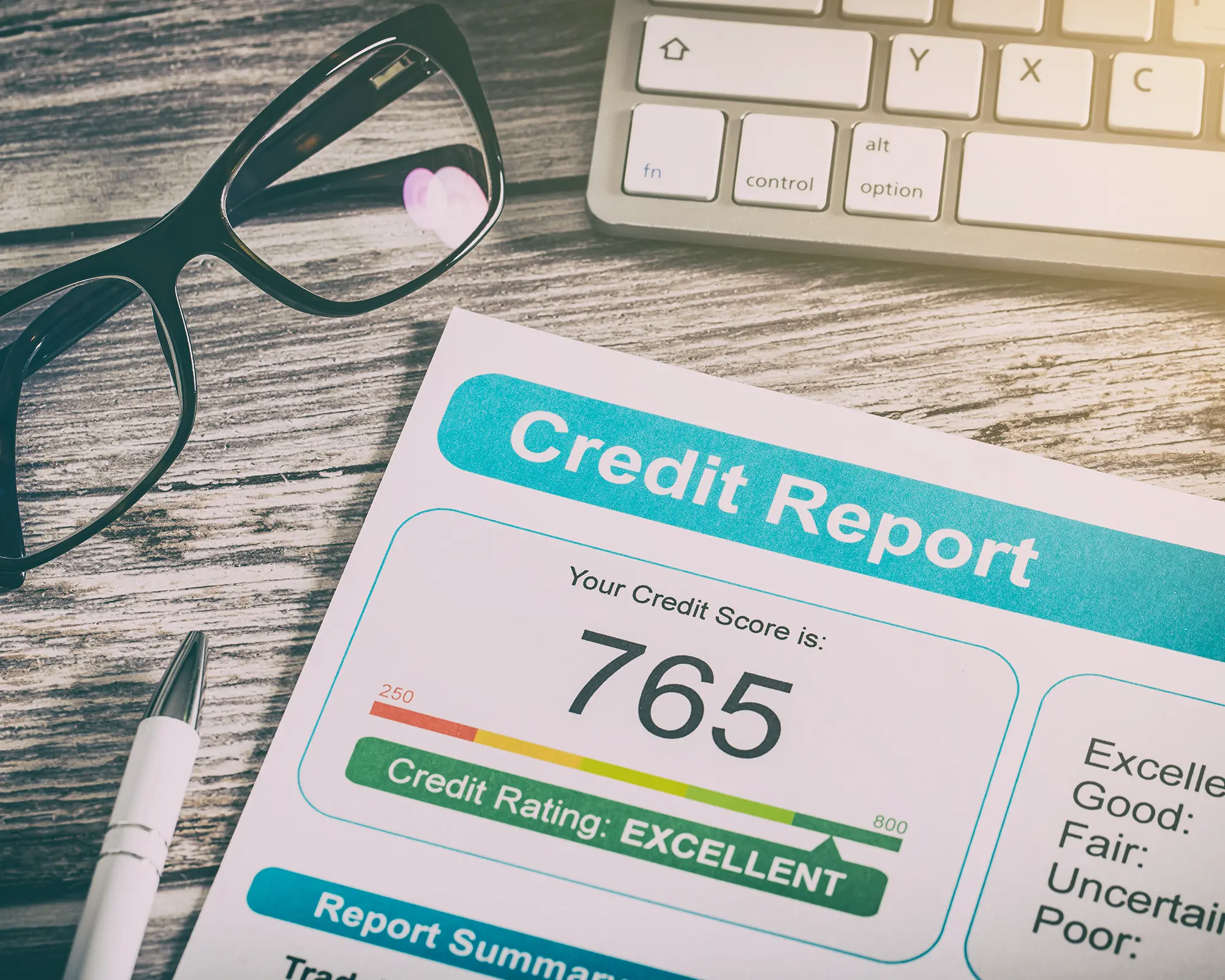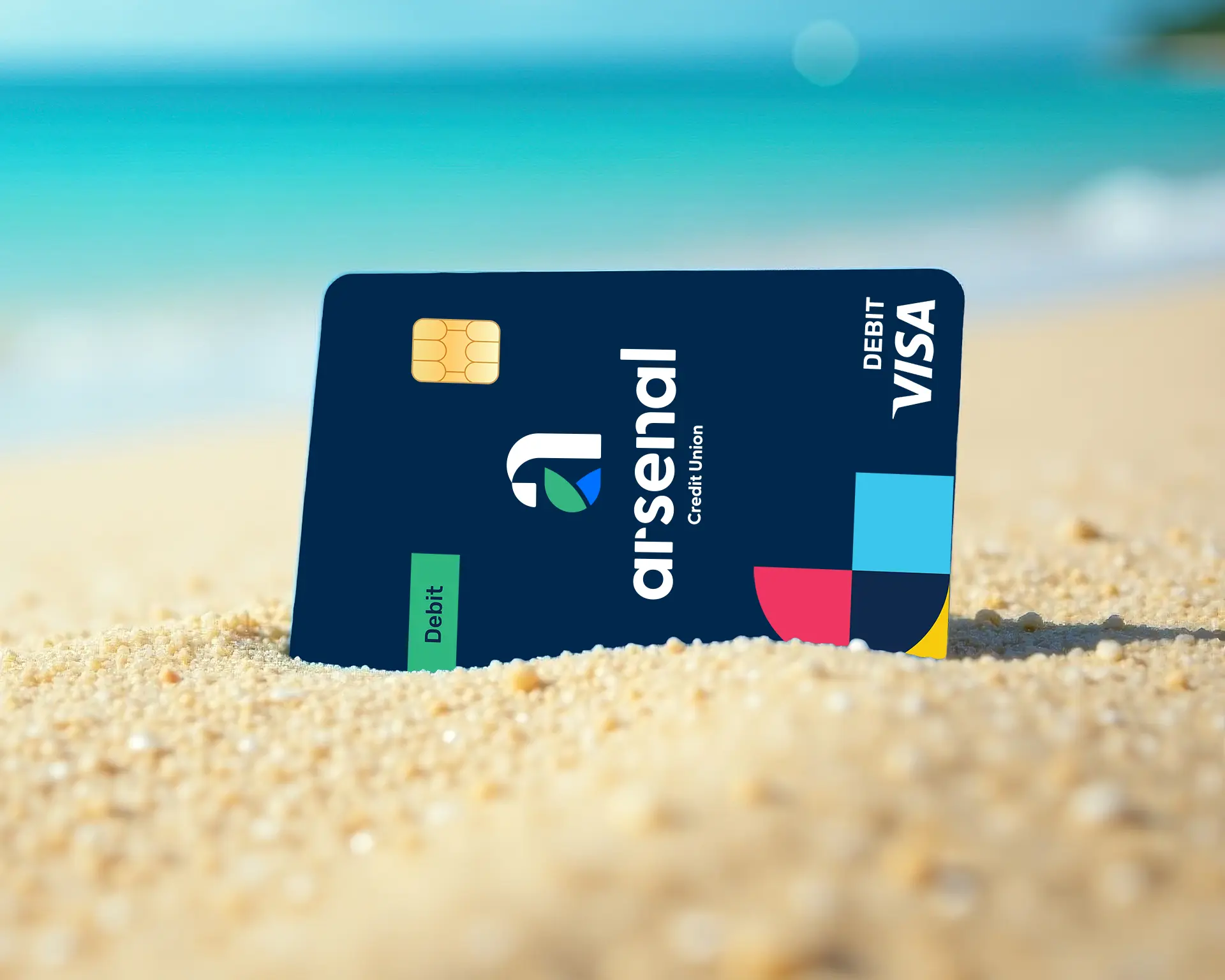Quick links:
Why does my credit score matter?
Think of your credit score as your ticket to being able to borrow money. If you have a higher credit score, lenders are more likely to approve your loan and at a much better interest rate. If you have a lower score, you’ll have a tougher time getting approved for a loan.
Not only will a higher credit score get you better rates on loans, it can also help you secure a great new apartment, better premiums on insurance and the best cell phone plans.
Are the rates on loans really that much different if my credit score isn’t that good?
Yes. They are.
For example: A credit card may offer an annual percentage rate range of 9.99% to 29.99%. If you have an outstanding score, you’ll receive a rate on the lower end of that range because the lender believes you’re more likely to pay what you borrow back on time.
If you’re making a bigger purchase, a higher credit score can possibly save you thousands of dollars in interest. For example, if you buy a $20,000 car and finance it at a 2.75% APR interest rate for 60 months, you’ll end up paying $1,429.37 in total interest. If your credit score is not as great, and you end up with an interest rate of 9.00% APR, you’ll end up paying $4,910.03 in total interest over the 60 months.
Take a look at the numbers if you’re buying a house! If you borrow a total of $200,000 at a rate of 2.75% APR and pay it off over 30 years, you’ll end up paying $93,933.65 in total interest. Bump the APR up to 3.75%, and the total interest becomes $133,443.23.
How is a credit score calculated
There are five major factors that affect your credit score.
- Your payment history: This is the biggest factor, making up about 35 percent of your score. Make your payments on time and you’re good. But, if you miss just one payment, it can hit your score hard.
- How much you owe: The amount of outstanding debt you currently have makes up about 30 percent of your score.
- Length of your credit history: How long you have been borrowing and repaying debt makes up about 15 percent of your score.
- The mix of your credit: If most of your credit is composed of credit cards, your score may take a hit. If you have a credit card, mortgage and auto loan, your score will benefit. This makes up about 10 percent of your score.
- New credit you’ve opened: If you’ve recently opened new credit or have opened a few credit lines, it could hurt your score. This is about 10 percent of your score.
Read more about how FICO® calculates credit scores directly on their website.
What doesn’t affect my credit score?
There are some common misconceptions about what will and won’t hurt your credit score. Rest assured that these items won’t hurt your score.
- Checking your credit score: If you use a free website to check your score or get your score from your current lender, your credit score won’t be affected. If you apply for credit and the lender performs a “hard inquiry,” it may take a few points off your score.
- Getting married: When you get married, you keep your individual credit score. If your partner has a low score and you have a high score, nothing changes. Your credit score is your own individual record.
- Traffic fines: These won’t hurt your credit score. But, if you don’t pay them, your wallet might start to hurt if your car gets towed.
- Library fines: If you return a book or movie late, it won’t hurt your score. Just remember to pay the library if you want to keep renting items.
- Paying your credit card bill in full: If you pay off your balance every month, you’re fine. If you close your card, it may hurt your credit utilization ratio (we’ll cover this later).
- Losing your job/income: While this won’t directly hurt your credit score, not being able to pay your bills will. To keep your credit score up while out of work, find a form of assistance to help pay your bills.
What’s considered a good credit score?
Credit scores typically range from 300 to 850. Every lender will have different criteria they use for how a credit score is calculated and when determining your loan eligibility and your interest rate. Let’s break down the scores a little bit.
- Poor: Any score that is 580 or lower demonstrates to lenders that you are a risk to lend to.
- Fair: A score between 580 to 669 is below average for most Americans. You’ll likely be able to borrow, but pay a higher interest rate.
- Good: Scores between 670 to 739 are slightly above the national average.
- Very Good: If your score is above 740, you should have no problem securing the best interest rates on loans.
- Exceptional: Scores above 800 are considered exceptional. Lenders may even start catering to you with credit cards full of extra perks and rewards.
What are some things I can do to boost my credit score?
The number one thing you can do to improve your credit score is to pay your bills on time. Creditors are primarily interested in how consistently you pay your bills. It’s important to pay all of your bills on time, including credit cards, auto loans, student loans, medical bills, utilities, etc.
Another way to help boost your credit score quickly is to pay off debt and keep your credit card balances low. Creditors look at the amount of available credit you have compared to how much you’re using. This is called your utilization ratio. Lenders like to see utilization ratios of 30 percent or less. The people with the best scores tend to have lower ratios.
If you’re able to pay off a credit card, don’t close it right away. Having all of that available credit will improve your utilization ratio.
Other tips include only opening new credit when you need it and not applying for too many new accounts. You can also ask for help from a credit counselor. If you wish to speak with one, please contact us and we can help.
How do I check my score?
If you’re an Arsenal member, you can check your credit score for free in online + mobile banking. There are no third-party apps to download, plus we present you with special loan offers that can potentially help you improve your score.
How can I check my credit report?
Check out this short video from the Federal Trade Commission about why it’s important to check your credit report. The three nationwide credit reporting bureaus have set up AnnualCreditReport.com, a website that lets you request your credit reports.
You are allowed to request a free credit report from each of the big bureaus, Experian, Equifax and TransUnion, once every 12 months. Try to space out when you order your credit reports to make the most of it. For example: Order your Equifax report in February, your Experian report in June and your TransUnion report in September.
What if I don’t have a score?
If you don’t have a credit score at all, you might have a hard time borrowing. Fortunately, we offer auto and personal loans for first-time borrowers. You get a good rate and can build your credit score up for major purchases in the future.
Learn more











